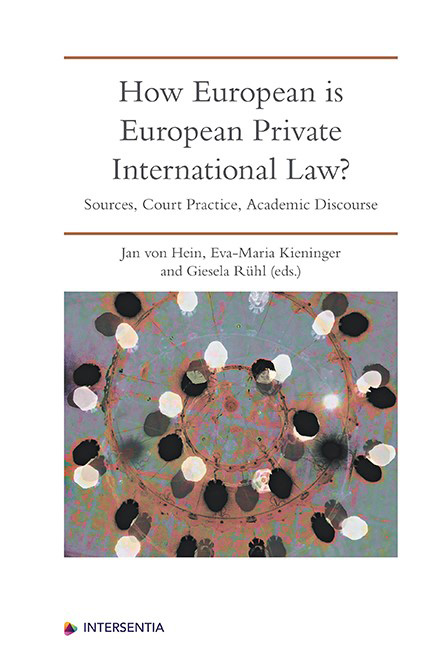A Common Discourse in European Private International Law? A View from the Court System
Published online by Cambridge University Press: 22 December 2020
Summary
INTRODUCTION
At the legislative level, the Europeanisation of Private International Law has come a long way over the past few decades, and in the last 10 years in particular. Although the current legislative framework has a number of gaps and lacks coherence, the existing European instruments generally offer a sound basis for resolving Private International Law matters. However, court practice and the level of expertise, as well as the general approach to Private International Law rules and to foreign law, differ across Europe. This also has an impact on the application of European Private International Law instruments, and on the question of whether court practice in Europe is truly ‘European’.
To a great extent, these differences can be traced back to the traditional disparities in approaching the application of conflict of law rules and foreign law. While courts in some European countries are obliged to apply conflict rules and foreign law ex officio (i.e. of their own motion), other countries consider it the duty of the parties to plead the application of conflict rules and, as appropriate, to evidence the content of the designated foreign law. In the Netherlands, for instance, the courts are under a general obligation to apply conflict of law rules and foreign law on their own motion. At the other end of the spectrum are, in particular, England and Wales, Cyprus and Malta, where – in line with the adversarial principle – parties will in principle have to argue the application of conflict rules, and the content of foreign law needs to be evidenced. Most European countries lie in the middle of this spectrum, and in fact, considerable variation exists in regard to when the conflict rules have to be applied ex officio, and the legal effect given to foreign law.
Attempts by the European Parliament to impose the ex officio application of the applicable foreign law by introducing provisions regarding this in the Rome II Regulation (Regulation 864/2007) were not successful. Two studies funded by the Commission, published in 2011, did not lead to legislative activity. It is noteworthy that at the global level the ALI-Unidroit Principles of Transnational Civil Procedure in more indirect terms oblige courts to apply foreign law by stating that the court is responsible for determining ‘the correct legal basis for its decisions, including matters determined on the basis of foreign law’ (emphasis added).
- Type
- Chapter
- Information
- How European is European Private International LawSources, Court Practice, Academic Discourse, pp. 215 - 234Publisher: IntersentiaPrint publication year: 2019

